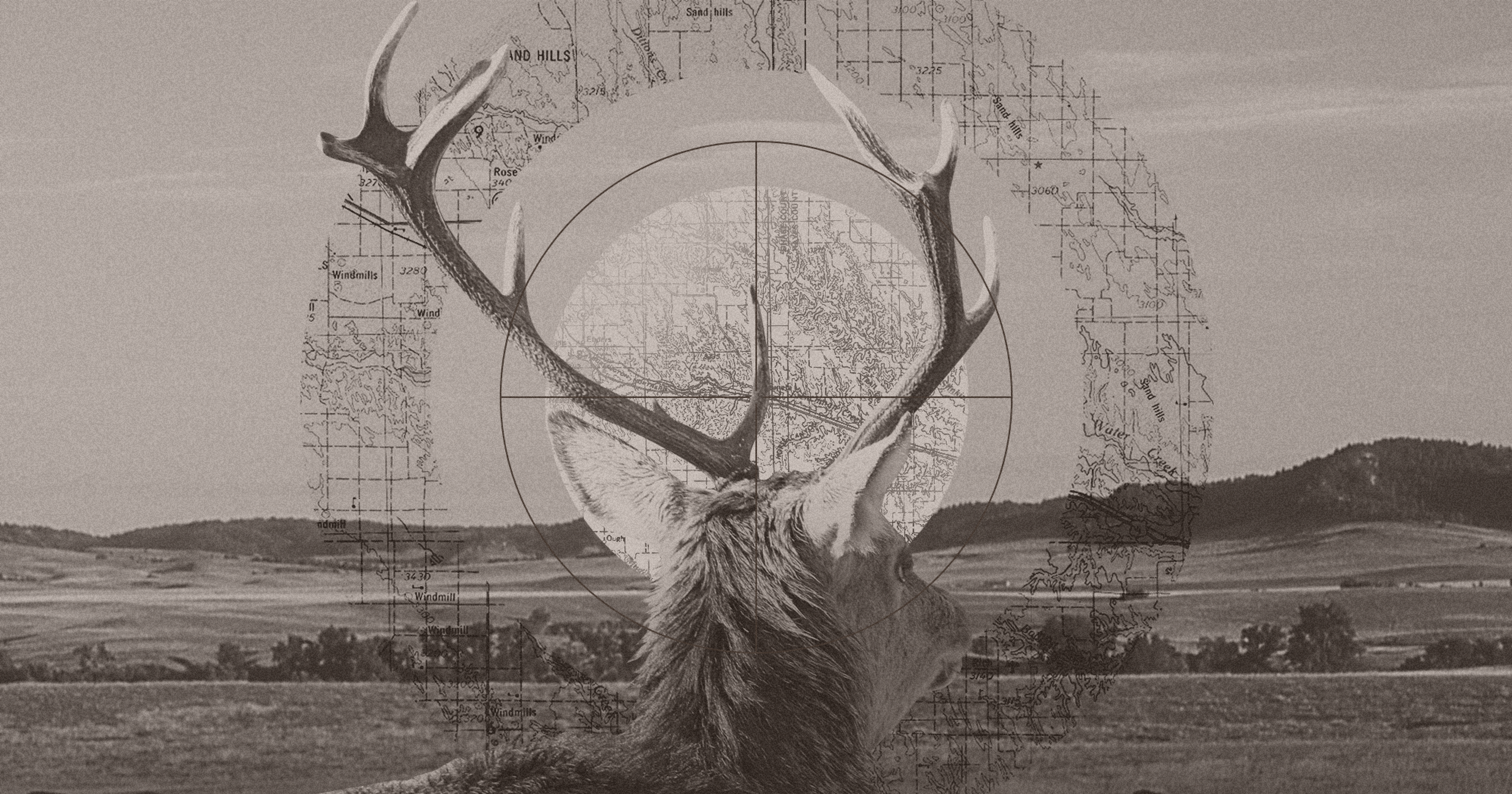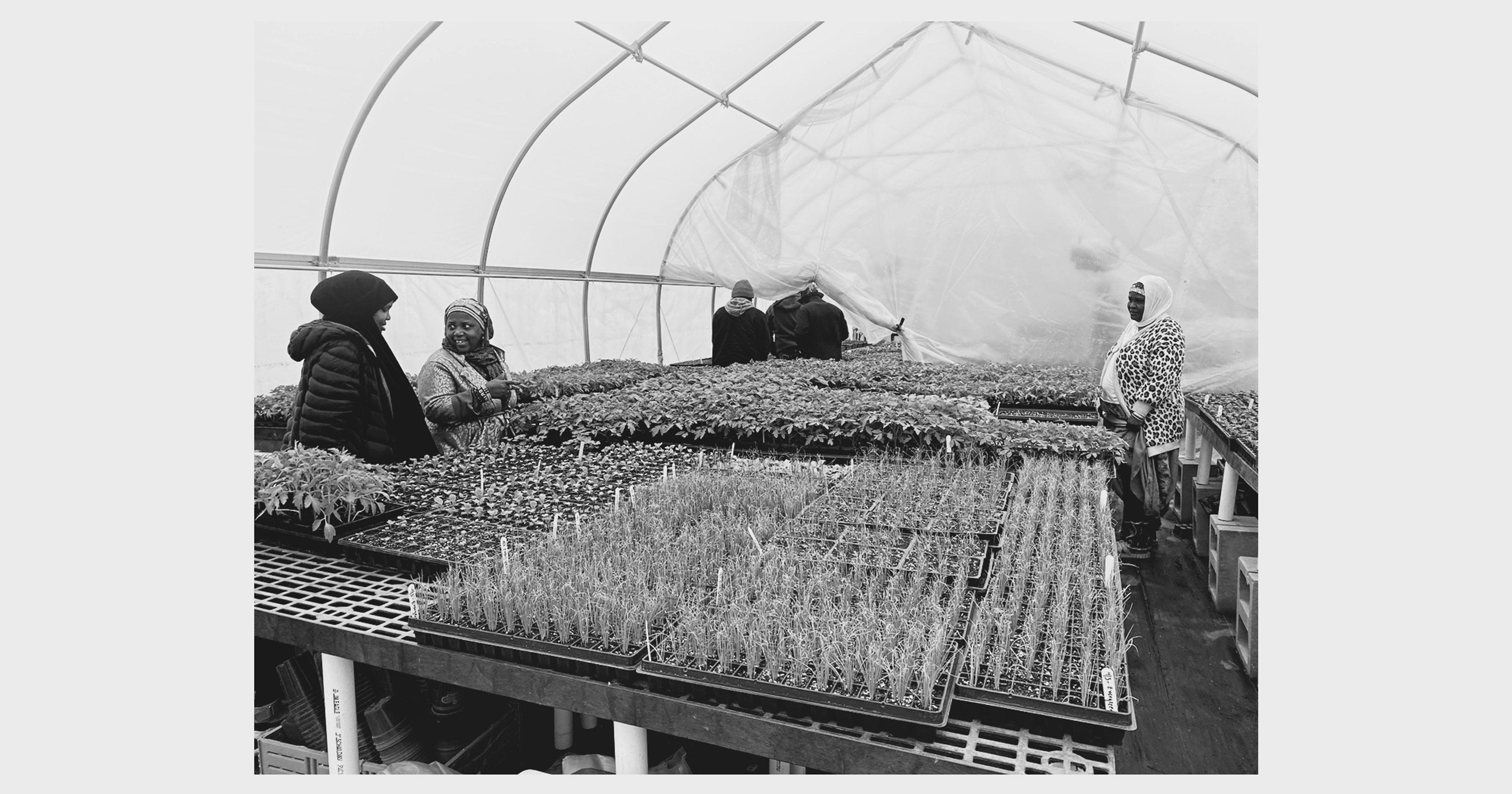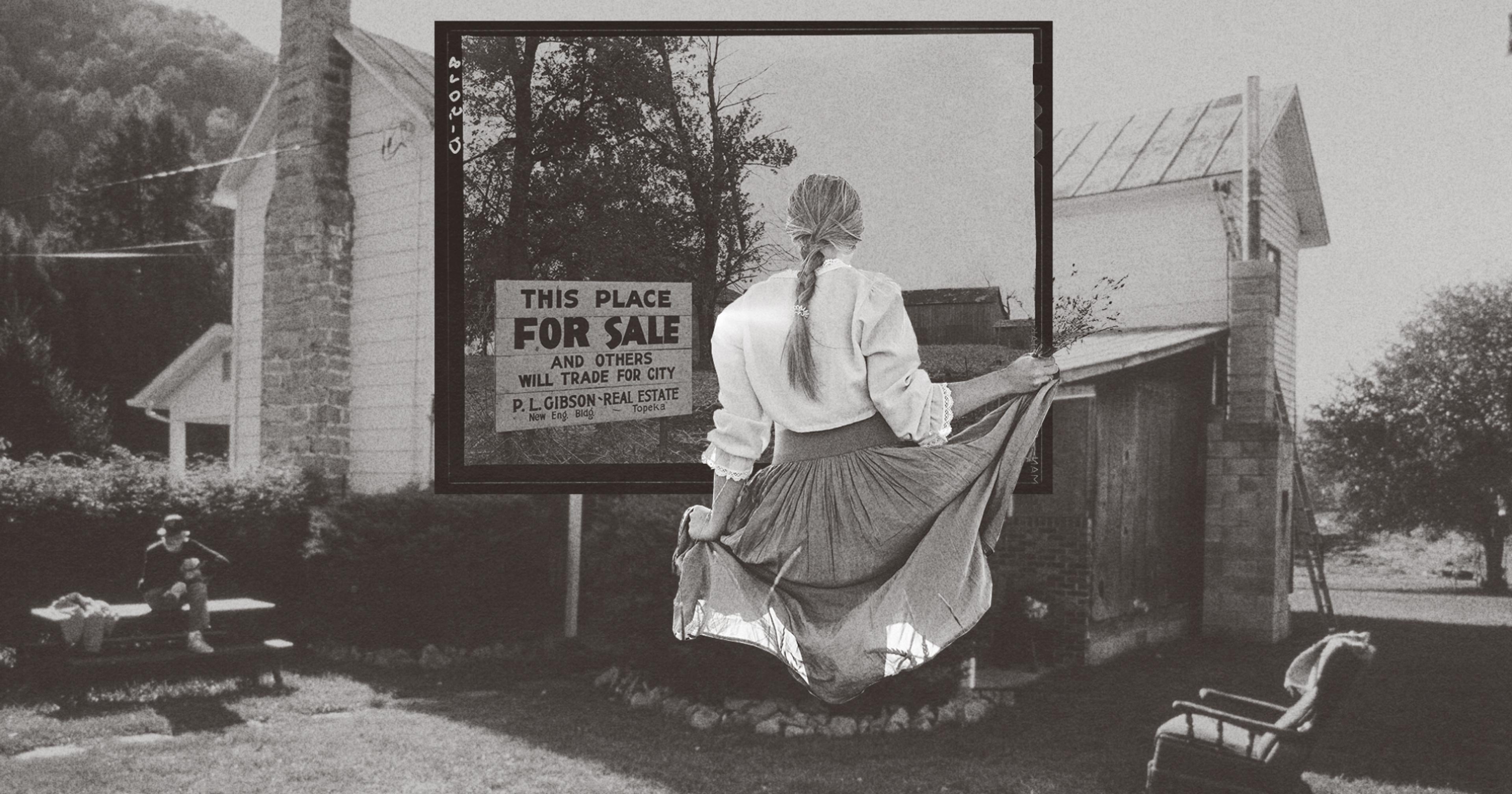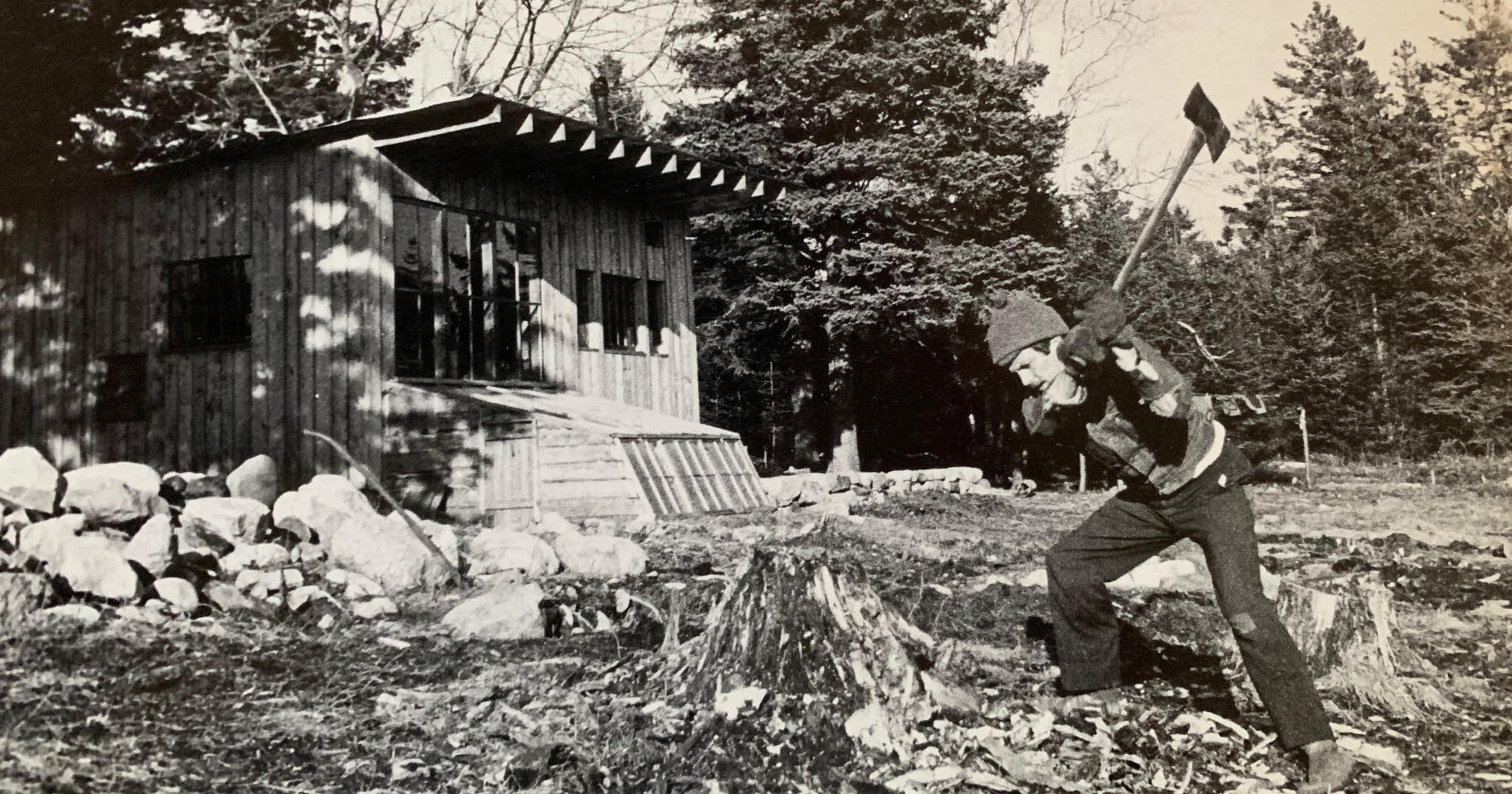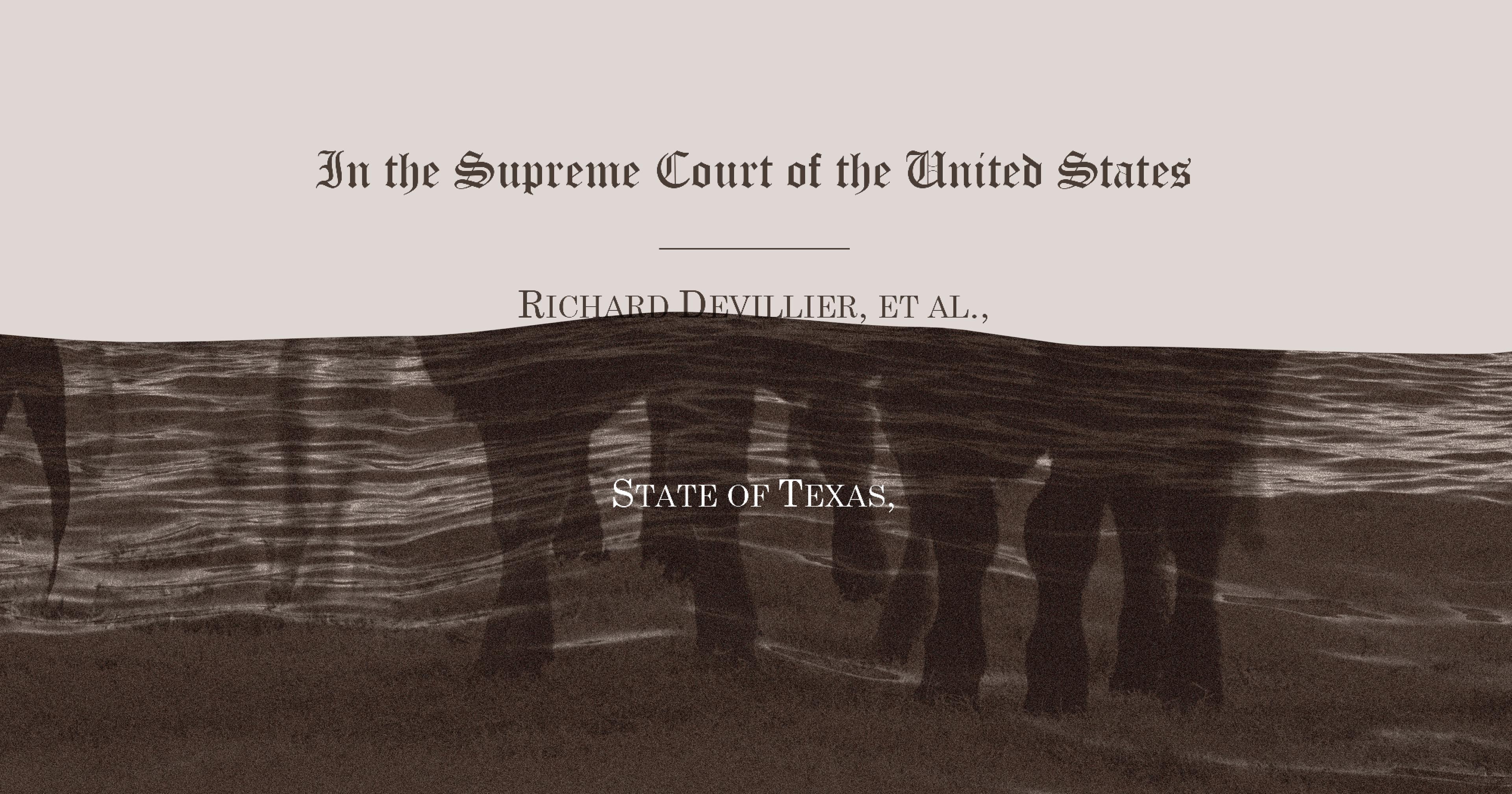Leasing land to hunters can be easy money for farmers — with enough ground rules in place.
Thirty years ago, an article in Nebraska Farmer magazine changed the course of Larry Petsch’s life.
Petsch grew up farming wheat, corn, and alfalfa on land in the southwestern part of the state, not too far from the Colorado border. The work was hard and the finances predictably unpredictable — fluctuating alongside commodity prices and the seemingly ever-rising costs of equipment.
To make ends meet as a small farmer, as Petsch put it, “you better figure out something else to do along with what you’re doing.”
In search of that something, Petsch came across the article in Nebraska Farmer about hunters paying farmers to use their land during the hunting season. With more than 4,000 acres of land scored by miles of river bottom, Petsch’s property was littered with deer, pheasants, and, more recently, turkey. Spurred by what he’d read, the 62-year-old started leasing to hunting outfitters. His land was a hit — making appearances on hunting shows like Southern Backwoods and Monster Bucks.
Petsch is part of an industry dating back nearly 100 years, when Texas trappers would reach paid agreements with landowners to let them use their land. Nowadays, the land leasing business is booming alongside the continued growth in hunting popularity, with annual leases for hunting rights tallying billions of dollars. The growth has brought farmers a secondary source of income — another form of “stacked enterprise” like crop diversification, adding new livestock, and leasing other rights like oil and gas.
According to U.S. Fish and Wildlife Service survey data, in 2022 more than 14 million people went hunting in the United States, up from 11.5 million in 2016. Hunting expenditures totaled $45 billion, an increase of nearly $20 billion from 2016. More than $13 billion of this was spent on land leasing and licenses.
An entire cottage industry has emerged from this growth, with companies like the American Hunting Lease Association (AHLA), its sister organization Base Camp Leasing, Hunting Land Rentals by Owner, and LandTrust helping farmers with all aspects of short-term, AirBnB-style rental or longer term leases, from advertising their land to insurance to perks like installing game cameras.
“Access is a commodity,” said Sean Ferbrache, chief operating officer of AHLA. “The fact is for farmers, you have something that is of great value to someone and you should be compensated fairly for that.”
“This is a supply and demand game like everything else, and right now demand for access to quality habitat far, far outweighs supply,” he added.
The allure for hunters is straightforward. Leasing private land means avoiding other hunters, along with the competition for game and added risk they might bring to public land or even state regulated hunting preserves. Ferbrache has his own lease: 160 acres of prime deer hunting habitat in southern Indiana where he takes his family every year.
“This is a supply and demand game like everything else, and right now demand for access to quality habitat far, far outweighs supply.”
“When I go down there, there’s nobody else there,” he said. “I can take my grandson safely and know that we’re not going to have any run-ins with anybody.”
Individually directed game management is also appealing to hunters, Ferbrache added. With a recurring annual lease, he can pick and choose which bucks to let walk another year and which to hunt hard. Over the years, he’s developed a relationship with the landowner, who lets him hang stands on the property, plant food plots, install game cameras, and even forage mushrooms or shed hunt for antlers — all of which is spelled out in the lease.
“I treat it like it’s my own by taking care of it,” Ferbrache said of the land. “It’s all surrounded by this lease agreement where communication is laid out in plain text for everybody to understand.”
For farmers like Petsch, agreements with hunters present a relatively low stakes, low overhead source of supplemental income. Petsch reckons he’s spent several thousand dollars sprucing up his property with box blinds and bow stands, but the money he’s made from renting and leasing has far outstripped that.
One analysis of recent leases in North Carolina and Virginia found hunters paid roughly $27 per acre. The two biggest factors in determining pricing? Game availability and the length of the lease, with longer agreements (more than eight weeks) pushing the price down.
“Most landowners already know about it, but what I don’t think they know is how much they can make,” Ferbrache said. “If you have a 300-acre operation, that’s $15,000 potentially. That’s a good chunk of money.”
“If you have a 300-acre operation, that’s $15,000 potentially. That’s a good chunk of money.”
“It makes a lot of sense, especially when your farming operation relies on things out of your control,” he added. “You can control this, and it’s a lot less work.”
Petsch has split his acreage into several different parcels with prices ranging in the thousands of dollars per person for a multi-day hunting excursion. Many of his hunters are repeat customers: A few groups come up regularly from Utah, and one group from Louisiana makes the 1,200-mile drive every year. Petsch prefers the short-term rentals to the annual lease agreements due to the added flexibility and ability to block off certain times if he needs to, such as during the busy alfalfa harvest. (He once had to turn away an Oklahoma man who offered him $20,000 for a single hunt — under the condition Petsch could guarantee him an extremely rare 200-inch deer.)
On top of the revenue, for farmers the agreements include added benefits, like having extra sets of eyes checking up on all corners of their property, spotting things like downed trees or broken fences. One of Ferbrache’s clients is an Indiana farmer in her mid-80s. Ferbrache said her sons have told him they have more peace of mind now that she has a hunting lease in place as it means there are more people checking in on their mom.
Hunters can also alleviate pressure from invasive species, like wild hogs in Texas, or even turn nuisance like deer into food for those in need. But there are drawbacks, too, like hunters pushing to overharvest in violation of the terms of their lease, building blinds or stands where they shouldn’t, or otherwise treating the property poorly. Hunters have also voiced their concern about a system that they see reducing access to only a wealthy few.
“A lot of my farms are active working farms, and that comes first. Sometimes the hunters don’t understand that,” said Ed Griffin, western manager and Missouri leasing agent at Base Camp. “You could be in the tree stand and they’re out there cutting the corn or checking on the cows. You have to step a little bit lighter.”
One important role leasing companies play is to protect both the farmer or landowner and the hunter from liability, said Robert Branan, extension agricultural and environmental law specialist and associate professor at North Carolina State University. Sealing these types of agreements with a signature on a legal document rather than a handshake can make it easier to parse responsibility and, if needed, culpability.
“A lot of these farms are active working farms, and that comes first. Sometimes the hunters don’t understand that.”
“Things have changed as a lot of this land has passed out of families and people have a heightened sense of their liability for people being on their land, particularly with firearms,” Branan said.
In Branan’s view, a comprehensive agreement should include things like general liability insurance, specific language determining responsibility when leasing or renting to hunting clubs or outfitters, details about exactly where on the property hunters can go, what firearms they can use, and clauses that ensure all hunters are complying with the game laws and state-specific land use laws.
“It’s good public policy to have clarity,” Branan said.
For his part, Petsch hopes to expand his relationships with hunters and take advantage of the demand for high-quality land. He built ponds for ducks and geese, and plans to stock more pheasants in the near future. He’s become acutely aware of how the changing weather and climate affect not only his crops, but wildlife too, like how the state’s recent drought has impacted deer populations. The financial boon, which Petsch described as “huge,” has helped offset the rising costs of equipment, labor, and seed. And getting into the hunting lease business has spurred some other, less quantifiable, benefits, such as the personal relationships he’s built with hunters like the group from Louisiana.
“That’s not somebody I would meet in any other realm other than this,” he said. “We’re friends, one way or another.”
As more farmers and landowners cotton on to the mutually beneficial interpersonal and business potential of hunting agreements, Griffin said he expects the industry to continue to grow.
“We’re not making any more land, but we’re making more hunters every day,” he said.
The key will be to ensure that the relationship between landowners and hunters remains symbiotic, Ferbrache said, noting that the more they understand the value the other provides, the more both can get what they want.
“I hope farmers and the landowners of this country who literally and figuratively hold the keys to the future of hunting understand the importance and history behind what we love to do,” Ferbrache said. “If they provide us a way to do that, we’re happy to compensate them.”

